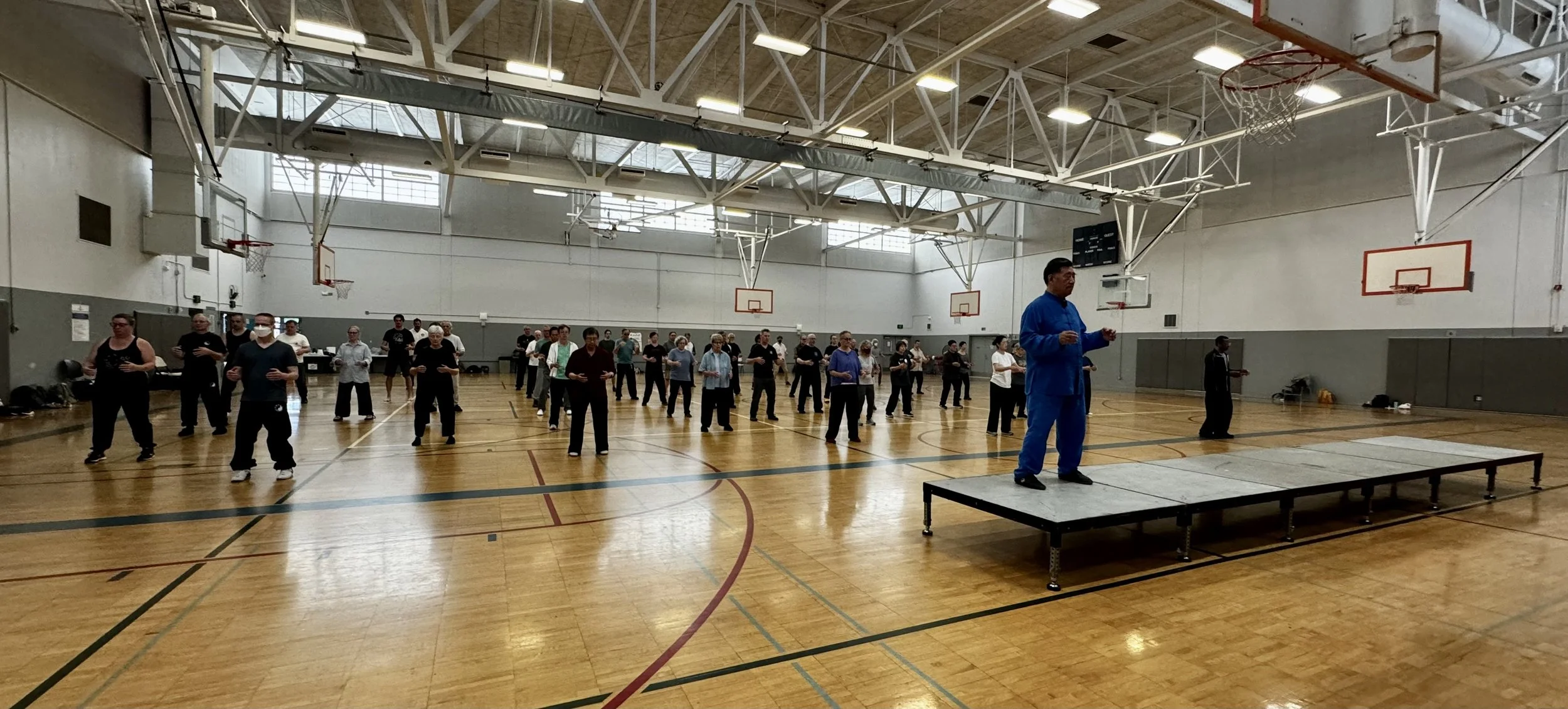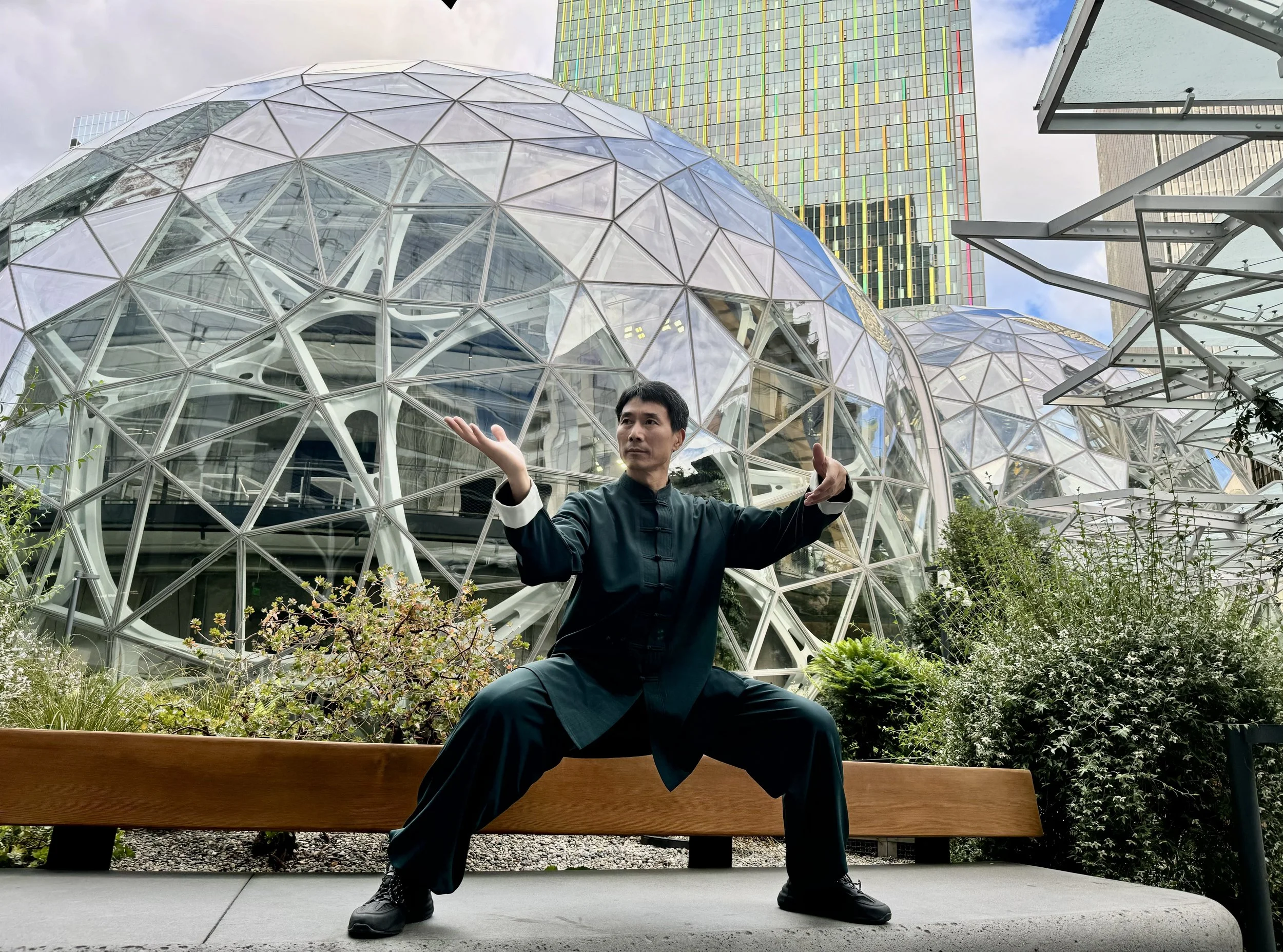Many of you readers are long-time practitioners of your art who have multiple experiences of long trainings. Sesshins (long meditation sits), writing retreats, athletic trainings, Taijiquan trainings and so on. I go to Chenjiagou to retreat and study with my teacher for no fewer than 10 days, for example. These longer trainings give us enough time to settle into the experience and to really explore ourselves. To change. To change our techniques, our perspectives, ourselves. If you’ve ever had this type of an experience, you know this time we are in right now is one of these long trainings.
All of us who have experienced a training’s long ticking metronome knows within it there is a “Day Three.” Day Three is when we start to crack. It is the day where we are drawn down, broken down. The day we grab for all our survival techniques, but all we capture is our failings, our shortcomings. Everything we knew about how to keep ourself level does not serve us in Day Three. Day Three is painful: physically, mentally, psychically, emotionally, spiritually. We desperately want it to be different. We want to leave. We wonder why we even bothered at all entering into the experience. It is the day that tests our mettle. It is the day we come up short.
We feel our dearth in Day Three in ways we never have before. And that's the point. Day three strips us down below the bone, leaves us in a heap, turns and walks away. We dig into that rubble with all the resources we have and never knew we had. And though it’s not enough, we still dig. Finally we surrender. We surrender to our inadequacies, we surrender to the fact there is no way out of them. We are thousands of miles away, we are glued to the cushion. We are in the middle of a global pandemic. There is no way out.
I woke today to the silence around me. I looked at my phone and saw the editor of the "36-Hours" travel column in the NY Times is suspending it for now. I missed my mother, with whom I travelled the world. I missed China, my spiritual home. My personal world has become contained in a way I recognize from my trainings, my home has become my training hall: the living room a dojo, a bed to sleep in, a toilet, a shower and a kitchen, a couple of sets of clothes. Though it’s comfortable, it’s all I need, and I’m certainly more fortunate than most, there is no way out of it right now. My cat wanted me to get up but I laid there for a bit longer. I listened more to the stillness. I felt such broad grief. I reflected on my recent therapy session with Genjo, a long standing Zen Roshi here in Seattle, where I said, "I feel like we are not yet even at Day Three of this."
And yet as I laid there this morning, with my mother, gone, the flights to China, gone, my world contained in ways I could have never before imagined, I felt it. I felt Day Three is coming soon now.
No, our resources are not enough for this forthcoming demanding, brutal Day Three. It is clear we are historically inadequate for the tasks at hand. We must surrender to this fact. However, we also must dig in more deeply and consciously use the tools we do have in more ferocious and intentional ways than ever before. We have to keep breathing, keep practicing, we have to stay grounded. We must keep our heart/minds open, our bodies healthy. It is crucial we stay kind and keep our families safe. We must support our front-line people in ways we never before have thought about. Most essentially we must stay put. Right on our cushion, right in our training hall. Stay calm and present. And we have to surrender any resistance to feeling what is happening.
Covid-19 has thrown us into our training in ways we have never experienced before. Though our collective Day Three is on the horizon, there is a Day Four. We do emerge a new. And as we begin to travel through Day Five and Six and beyond, we will recognize Day Three as that moment of critical alchemical transformation of the past, the release and composting of everything that no longer worked for us. It was brutal, but essential.





